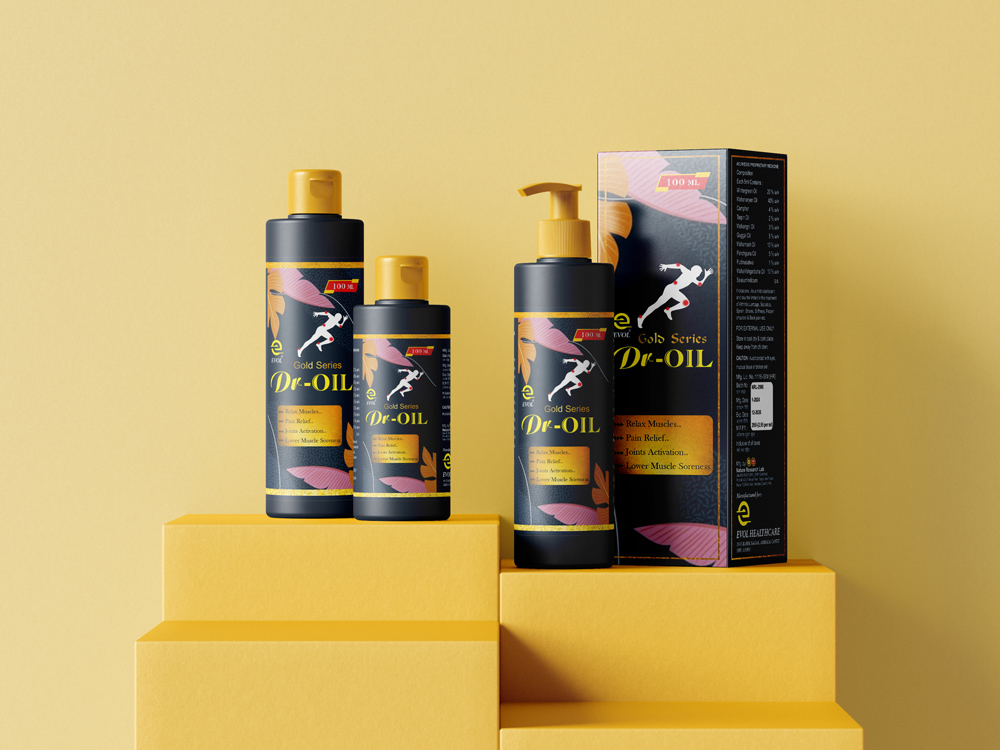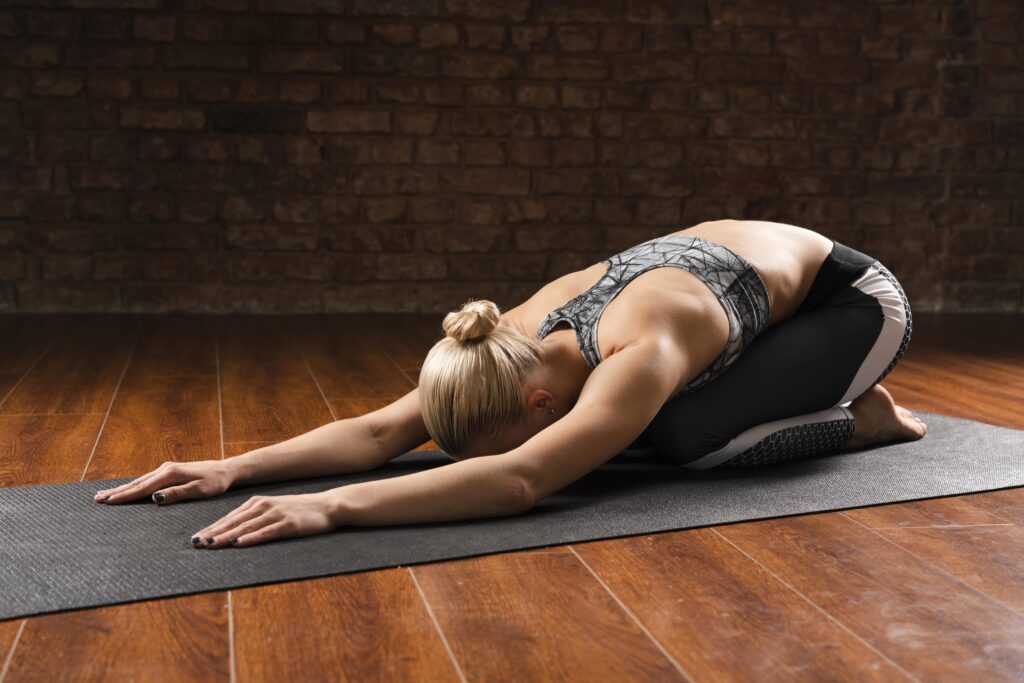Keeping your joints healthy is essential, especially as you age. While many enjoy the freedom of youthful movement, joint health can decline over time, leading to conditions like osteoarthritis. Typically, the gradual deterioration of the cartilage that cushions the knee bones causes this common form of joint damage, not a specific injury. Though osteoarthritis is often viewed as a degenerative condition, recent research highlights its inflammatory components, contributing to cartilage deterioration.
Unfortunately, statistics show that osteoarthritis is prevalent, particularly among older adults, with over 50% of individuals aged 65 and older showing signs of the condition on X-rays. Age is a significant risk factor, but biomechanics, previous injuries, genetics, weight, and gender also play crucial roles. Interestingly, osteoarthritis is twice as prevalent in women, especially those who are overweight or obese.
How to Lower Your Risk of Knee Joint Damage
To mitigate your risk of developing osteoarthritis, controlling body weight is crucial. Excess weight adds stress to the knee joints and disrupts proper alignment. Moreover, fat cells produce inflammatory substances called cytokines, which can accelerate the onset of arthritis. However, there’s another factor orthopedic specialists are increasingly concerned about: the impact of daily habits and footwear choices on joint health.
Are your shoes contributing to knee pain?
You may not realize that your choice of footwear can significantly affect your knee health. While it’s easy to dismiss shoes as harmless, wearing them consistently, especially high heels, may eventually lead to joint issues. Research shows a link between the prevalence of osteoarthritis in women and their tendency to wear high heels, which may disrupt normal walking patterns and place additional strain on knee joints.
In a small but telling study, researchers observed a group of women walking in different types of footwear, including high heels and comfortable athletic shoes. They assessed how changes in walking speed and added weight affected their gait. The findings revealed that wearing high heels altered the biomechanics of their movement, putting extra stress on their knees. While this study did not definitively prove that high heels cause osteoarthritis, it suggests that these alterations in gait could contribute to cartilage damage over time.
The impact of high heels on knee joints
Wearing high heels changes your entire posture, shifting your weight forward onto the balls of your feet. This misalignment forces your lower back to compensate, which in turn increases pressure on your knees. Regularly wearing high heels can lead to not just knee issues but also lower back pain.
So, how high is too high? Heels that are two inches or lower are generally considered safe. Occasionally wearing higher heels isn’t likely to significantly elevate your risk of knee osteoarthritis, but daily use, especially during long work hours, can add unnecessary stress to your knees. If you find yourself in this situation, consider consulting a podiatrist for shoe inserts that help redistribute your weight more evenly. Additionally, stretching your calves after wearing high heels can provide some relief.
Keep Your Joints Healthy with DR OIL
Movement plays a vital role in maintaining joint health by delivering essential nutrients. The synovial fluid within the joint absorbs shock and nourishes the cartilage, and muscle contractions help circulate this fluid. That’s why moderate exercise is crucial for joint health. Studies have shown that engaging in weight-bearing activities promotes healthier knee cartilage.
While not all research indicates that exercise improves knee health for everyone, it does not typically show harm in those with already healthy knees. In fact, studies indicate that running does not increase the risk of knee osteoarthritis. Regular exercise even activates genes that aid in repairing joint cartilage. Opting for a pair of exercise shoes instead of high heels might be your best strategy for maintaining knee health.
The Bottom Line
In summary, while moderate exercise is beneficial for your knee joints, wearing high heels regularly may not be. Save them for special occasions, and consider opting for more supportive footwear during your daily activities. High heels can lead to reduced physical activity and even affect your overall health. Incorporating DR OIL into your routine can also help alleviate joint discomfort and keep your knees functioning optimally. Prioritize comfort and support by choosing footwear that promotes healthy movement, and remember: your joints will thank you!









